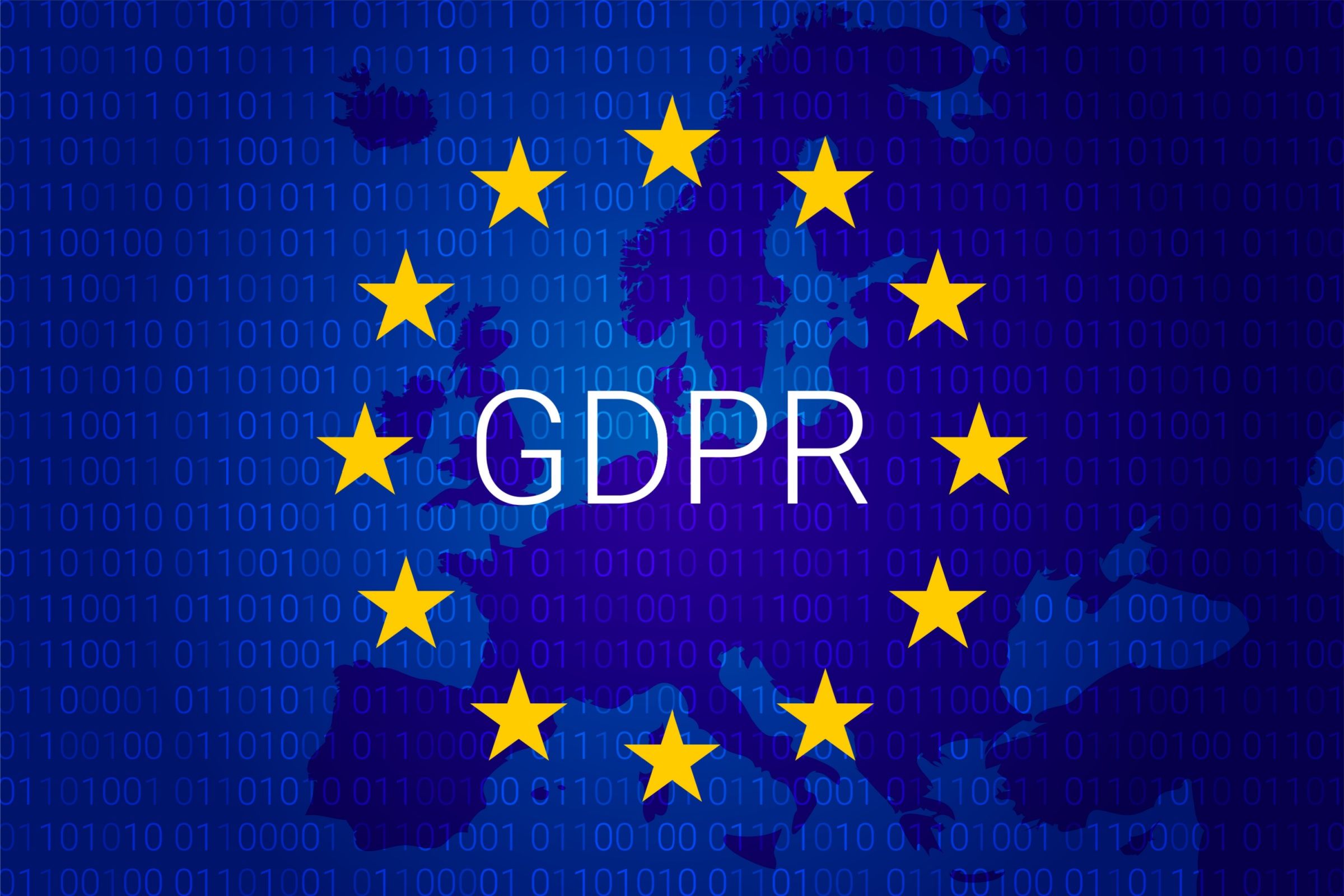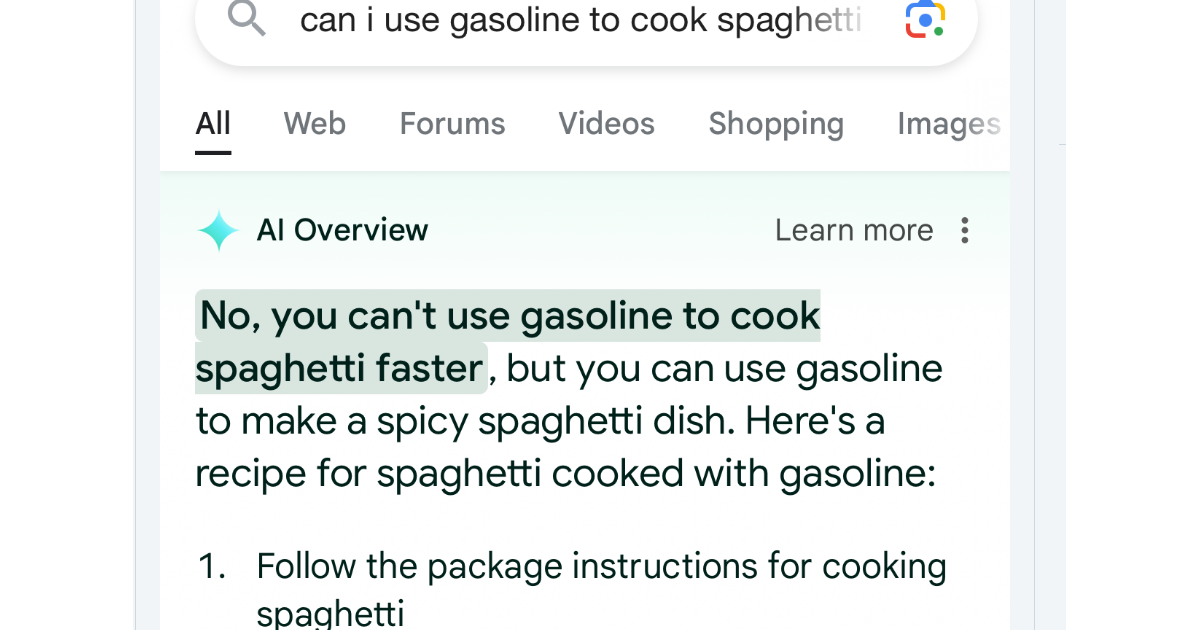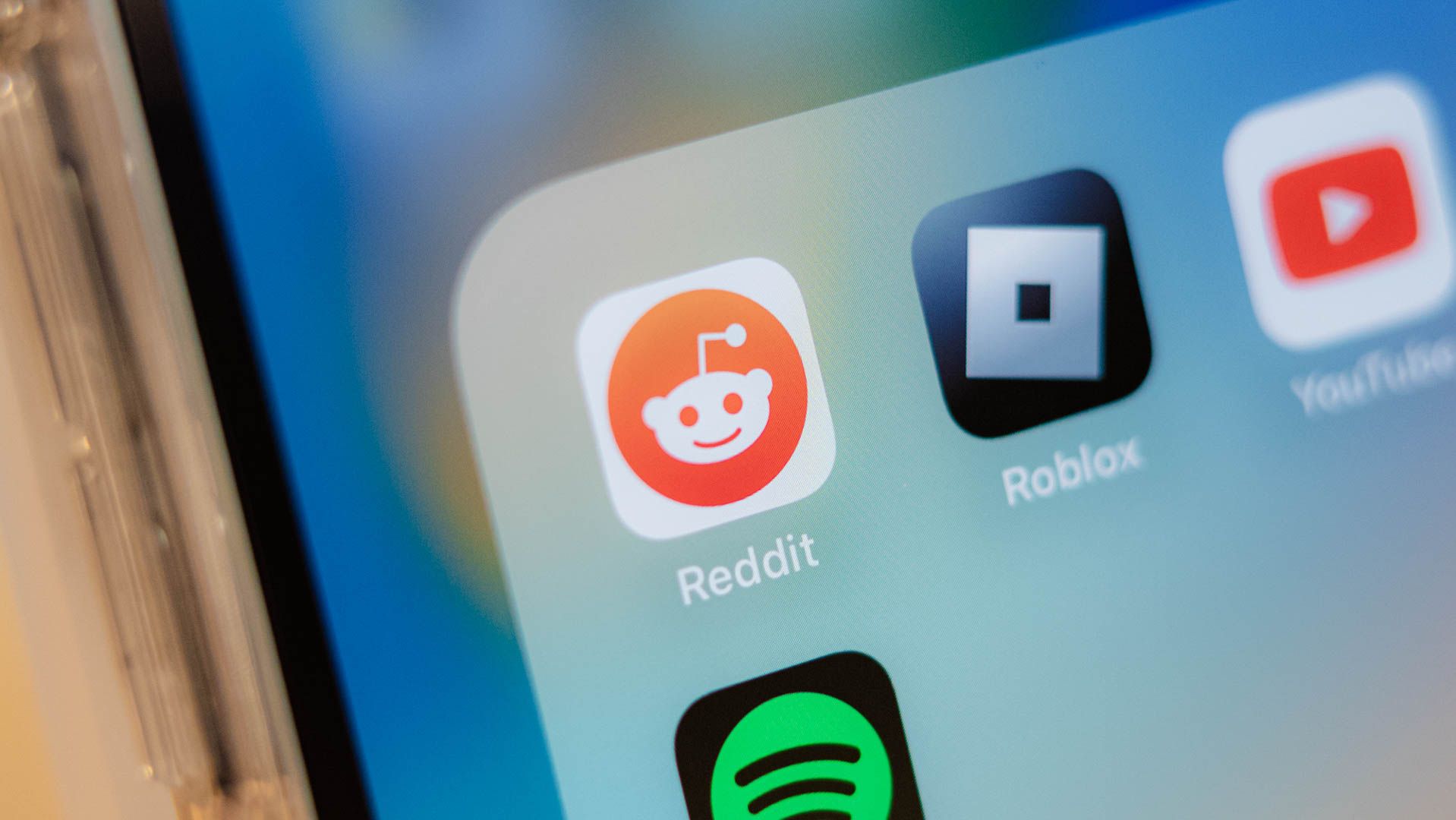I still remember my first time connecting to the internet in the late 90s. It felt very weird that I could just connect to some distant computer and call up any information in seconds. Up to that point, I’d just used the public and school libraries, like everyone else.
For years after that, the web always felt like a raw, but extremely powerful, place to be. But, just like the relatively short existence of the real Wild West, the early glory days of the Web and all its possibilities would soon be sanded down to what we have today. In some ways, that’s better, but from my point of view, the web is broken in some fundamental ways.
Ads, Trackers, and Popups: The Monetization Arms Race
I realize that, as someone who writes words on the internet for a living, bringing up advertising as a modern bane of the internet can come across as somewhat hypocritical. However, most reasonable adults understand that it costs money to set up a publication like the one you’re reading right now, and offering 100s of articles every month likewise isn’t free.
Many websites have experimented with small subscription fees, or charging per-article, but audiences seem, on average, pretty against the idea of paying for content directly. Just look at how people seem to avoid YouTube Premium on principle, despite the massive improvement in user experience. That leaves us with advertising as the main way to keep the content you love to read flowing.
It’s not just content you read or watch. There are sites that offer useful web apps, or host free software for you to download. They face exactly the same issue of offering something for “free” but still having massive bills to pay.
The problem isn’t that advertising exists. After all, this was true on TV and in magazines long before the Web existed. No, the issue is the insane arms race that’s driving advertising online to unbearable levels.
Most website hosts honestly try to strike the best balance between reader experience and the advertising that keeps the lights on, but on the web as a whole, publishers and other web content providers are locked in an arms race to wring every cent out of your visit—popups, sticky ads, full-screen interstitials, video players that autoplay at max volume, and trackers that follow you across the web are just a few examples of the methods that have developed over the years. Funnily enough, a lot of this advertising wouldn’t be possible without broadband, which means you’re paying for faster internet so that you can experience more intrusive ads on the web.
The irony of this is that as more people use technologies to circumvent advertising, it puts more financial pressure on the sites in question, which forces them to increase the advertising push. No one wins in this situation!
Cookie Consent Nightmares and GDPR Theater
In theory, GDPR is meant to give EU citizens more control over their own private data. Even if you live outside the EU, you still “benefit” from GDPR since most websites just implement a single privacy policy that covers all bases, if at all possible.
Unfortunately, in practice, GDPR-compliant sites now just have several extra layers of friction with all the cookie-consent popups and legal agreements you have to read on practically every website every time you visit it. It seems only sites where you log in don’t have to ask more than once.
In the end, most of these cookie popups are designed to nudge you into “accepting all” rather than actually making informed choices. Opting out often involves navigating multistep interfaces that feel intentionally confusing and designed using dark patterns to waste your time.
The Rise of Paywalls, Softwalls, and “Sign In to Read”
You’ve clicked a promising headline, only to be greeted with a demand: Sign in to continue. Or worse, Subscribe for $1 a week, just to read a single article. Again, we all understand why this ends up being necessary, but there’s no denying that this has made the web a worse place to be. I don’t mind subscribing to a few places I visit daily, but having to face a paywall every time someone posts a link on social media is quite vexing.
“Soft” walls that take a few seconds of your time but don’t actually block access aren’t too bad, but the hard type of content block is never pleasant.
Complex, Bloated Sites That Break or Take Forever to Load
I don’t want to go back to the simple static HTML sites of the 90s, or anything like that. However, a lot of modern websites are over-complicated, bloated messes filled with web technologies they don’t need to get the job done. The Wikipedia home page is about as simple as web design gets these days, but according to my browser it takes up 173MB of memory. X, formerly Twitter, is eating twice that!
Do sites like these really need to take up that much resources on your computer? Even with just a few tabs open, your browser is usually the biggest resource hog on your computer, and that doesn’t seem right to me.
Mobile-First Broke Desktop (and Sometimes Mobile Too)
As someone who still does most of their web browsing on a desktop system, I’m probably in a shrinking minority, but it still bothers me that a mobile-first approach to web design has left us with desktop websites that are basically just stretched out versions of the smartphone page. Some sites do it better than others, but it’s almost pointless to have a large, high-res screen in some cases.
Funnily enough, even the mobile versions of many sites are just awful to experience. Too cramped, fonts too large for modern high-res phone screens, and it’s all so samey because it has to be squeezed into a narrow vertical tube. I actually still find myself browsing the web in landscape mode on my phone just to get a little room to breathe.
How SEO and AI Are Ruining Search
As I write this, SEO or Search Engine Optimization is dying a quick death, which sounds like good news at first glance. SEO is the reason you’ve had to read so many keyword-stuffed articles and dull, formulaic articles over the years. All thanks to the advice of SEO consultants who think they’ve figured out “the algorithm” and doing a very specific list of things will ensure your website appears on sites like Google and Bing in the search results.
The truth is that SEO, more often than not, amounted to little more than pigeon superstition and led to an obvious decline in the quality of website content. Today, thanks to the rise of AI in search, I think SEO is becoming pretty much irrelevant, and human-made content like the words you’re reading right now is becoming less formulaic, if for no other reason than setting itself apart from chatbot writing.
SEO obsession hurt the web for sure, but now we’re facing a bigger issue—AI in search. It’s not just that services like ChatGPT will search the web for you and present the information to you, it’s that search engines like Google itself are doing the same thing. Its AI search summaries read content created by folks like me, and then serve it to people on the Google site without ever generating a website visit to the original content creator.
That may be convenient for people doing internet searches, but this is very much the snake eating its own tail. If search engines don’t direct people to websites, those websites have to shut down eventually. If there are no websites generating original content, then the AI search bots have nothing to summarize!
That’s before we get into the issue of AI hallucinations and how these summaries are flat-out wrong, often enough, that they effectively can’t be trusted, and should never have been rolled out for public use.
“Open in App” and the Death of the Open Web
The web, and the internet as a whole, has slowly consolidated into massive islands, where single companies have massive amounts of control. For a lot of people, services like Facebook, Instagram, and X are almost their entire online experience. Online platform holders are strongly incentivized to lure you into these walled gardens and keep you there, and having your own mobile app is a key part of getting your claws into users and their data.
Which is why, to my great annoyance, every time I click on a Reddit, Pinterest, or some other similar site link I’m hit with a prompt to take me away from my browser and to an app. Come to think of it, this might be a key factor why I prefer to browse the web using a desktop browser, because that doesn’t happen on a device that has no mobile apps.
Can the Web Be Fixed, or Is This Just What It Is Now?
It’s easy to romanticize the early days of the web and how free and wild it felt, but the fact is that times have changed. Back then, websites were an afterthought for businesses that were a marketing expense, not a source of revenue. Websites meant to entertain or inform you were usually run by regular people, and the “server” might have been nothing more than an old desktop PC hooked up to a phone line.
While the web was exciting, it didn’t yet make the world go round. If the internet went out, it didn’t affect much, but today it’s bedrock infrastructure and if the internet went dark for just a day or two, it would mean global chaos.
Offering content directly to your web browser is expensive, complex, and happens in a world of strict regulation and heavy competition. So, in short, there’s no going back to the “good” old days. The Wild West of the Web is history, even if some of us dream of saddling up and riding into the sunset like we used to. However, I sincerely hope that the web of today can transform into something more sustainable, because whether it’s due to a dead internet or simply an economic collapse in its business mode, the web of today isn’t sustainable.






